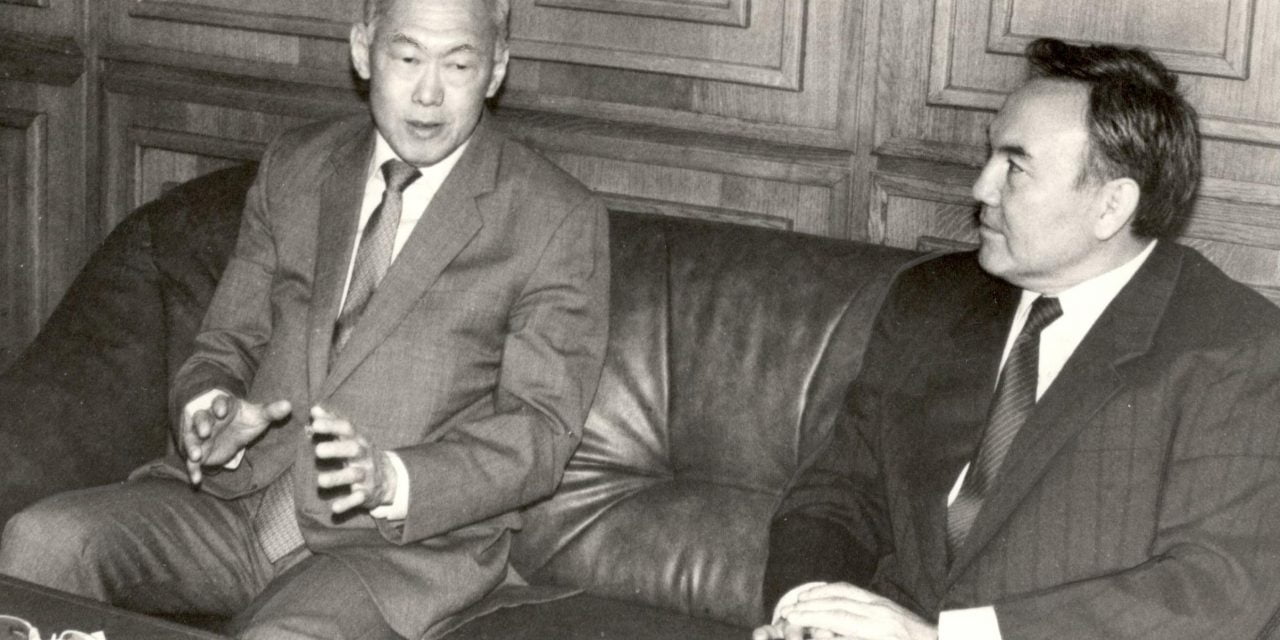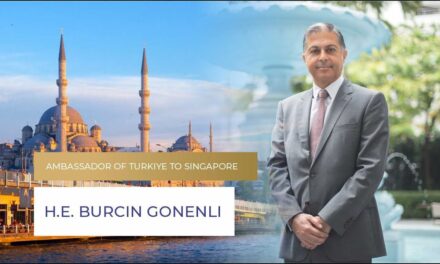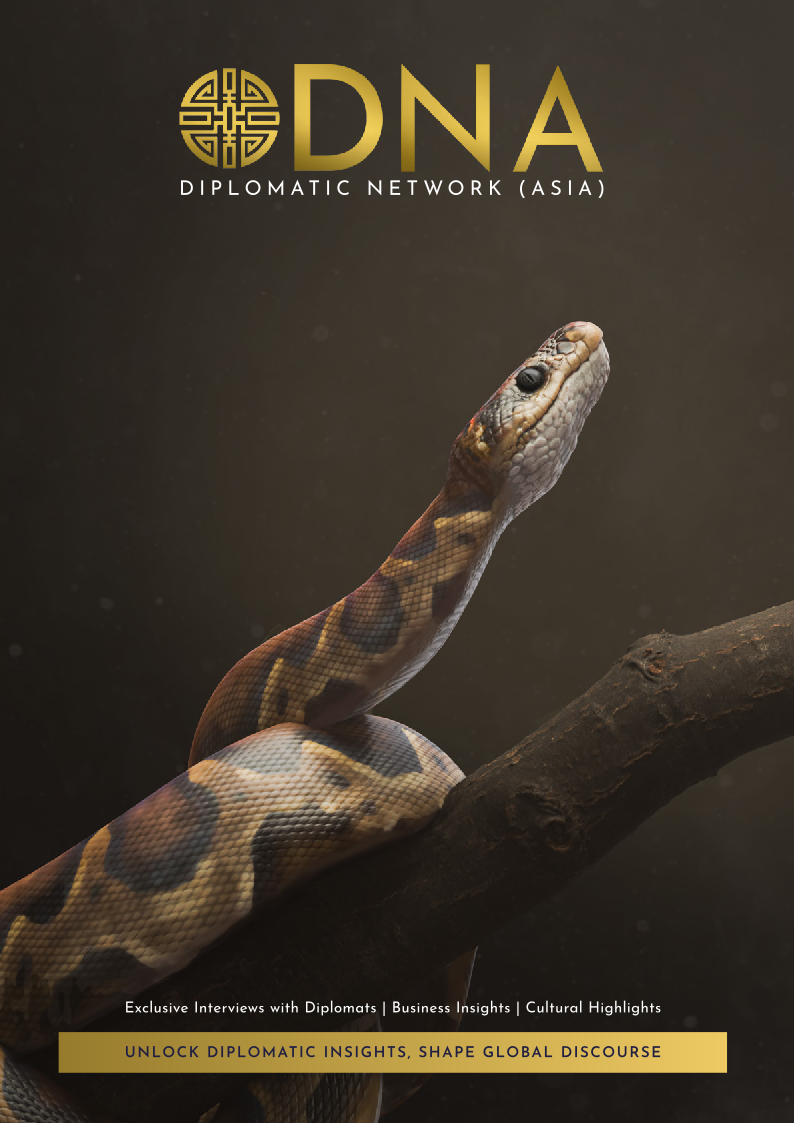Born on September 16, 1923, Lee Kuan Yew, fondly known as “LKY,” was a visionary statesman who transformed Singapore from a struggling city-state into a prosperous, modern nation.
Lee Kuan Yew’s life and political career were marked by unwavering dedication, astute leadership, and a commitment to the betterment of his country.
Lee’s leadership extended beyond his time in office, leaving a profound impact that continues to shape Singapore’s identity and global standing.
“There is a lot of pride and reverence and respect for LKY,” Ambassador Chan Heng Chee told Diplomatic Network (Asia) in an interview.
Father of a nation
“There is still that kind fatherly love, like the distant father figure.”
Chan is ambassador-at-large with Singapore’s Ministry of Foreign Affairs. She holds the appointment of Professor at the Lee Kuan Yew Centre for Innovative Cities in the Singapore University of Technology and Design.
“Everyone recognises what he has done for them, what he has done for this country,” Chan said.
LKY’s fatherly roots run deep into the very core of Singaporean society, even today. He created the elements and pillars which Singaporeans can identify with now, Chan said, “so we can feel like this is our home”.
In the mid-20th century, Singapore was a small, struggling island nation with no natural resources, a diverse population, and a host of challenges, including high unemployment, poverty, and social unrest.
‘Multiculturalism’
One of the greatest challenges he faced as a leader, Chan said, was the ethnic rivalries which were taking root in the early days of the Singapore nation.
Lee implemented policies to promote racial and religious harmony, and strict laws to maintain social order. The result was a peaceful and harmonious society that welcomed diversity.
LKY instilled multiracialism into the very DNA of the nation, transforming what could have been racial hatred into Singapore’s most valuable resources the city-state has: its people.
Within the DNA spindle of Singapore today, meritocracy is intertwined with multiculturalism – all inherited from LKY’s state-building philosophy.
“[Today] many of the ministers, many of the people who are leaders in universities and in business will tell you they come from fairly humble backgrounds and worked their way up,” Chan said, “I think he would be proud of his efforts in developing a multi-racial meritocratic society that works, and we are the beneficiaries of the fruits of that.”
‘People-centric’
“[Furthermore] Singapore is a society that really believes in creating and caring for the people. It’s people centric.”
Chan explained that Singapore has drawn a line of wellbeing below which it does not want its citizens to fall.
“It’s not often you see people living below that poverty line. Of course, there are cracks and people are there, but the moment you know about it, you know something would be done [by the government],” Chan said.
“In Singapore, nobody quarrels about spending money on the poor and giving out welfare. I know in so many societies you’ll have the conservative party and the progressive left wing [which discuss] whether you should even give money to support the poor and minorities.”
“But in Singapore, opposition or government, they don’t argue about that. Everyone will say, ‘Yes, they need to be helped’. The question is by how much. And the [opposition parties] debate in parliament with the government [on the matter].”
Housing, healthcare and a first-class education are the pillars on which Singapore’s people-centric society stands today.
‘The world is our hinterland’
“Singapore has become a global city,” Chan said, “and we took to this like a fish in the water.”
This was despite Singapore having few natural resources and so on, “no real hinterland”, in Chan’s words. “The world is our hinterland,” she said.
As Singapore and the world commemorates the centenary of LKY’s birth, it offers a time to reflect on the enduring legacy of a visionary leader whose impact on Singapore and the world remains immeasurable.
Lee Kuan Yew’s remarkable journey from a small, struggling island to a global economic powerhouse is a testament to his unwavering dedication, visionary leadership, and extraordinary diplomatic skills.
Lee’s relentless pursuit of excellence in governance, economic development, and social harmony transformed Singapore into a model nation admired worldwide. His pragmatic policies focused on education, infrastructure, and healthcare, laying the foundation for Singapore’s prosperity.
Moreover, Lee Kuan Yew’s adept diplomacy and strategic alliances forged relationships with global leaders that not only secured Singapore’s place on the international stage but also helped it thrive in a complex geopolitical landscape.
As we celebrate his centenary, we acknowledge that Lee Kuan Yew’s wisdom, foresight, and commitment to the betterment of his people continue to shape Singapore’s trajectory.
His legacy serves as a source of inspiration for leaders and nations striving for progress, stability, and prosperity.







